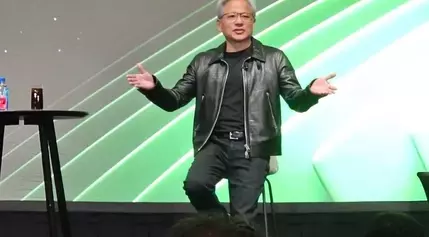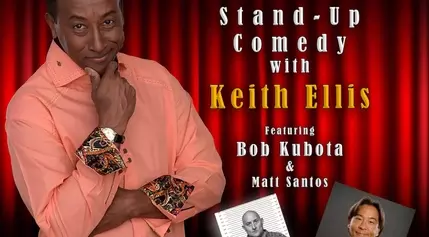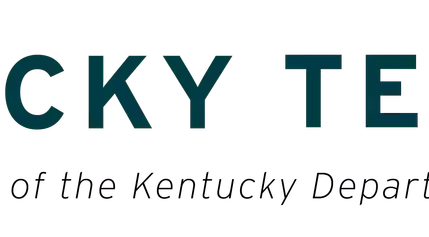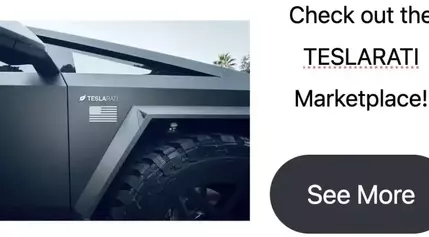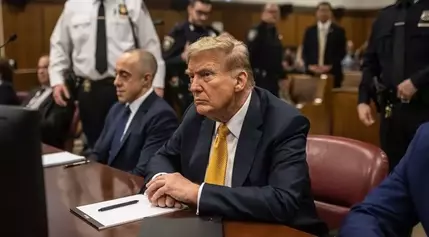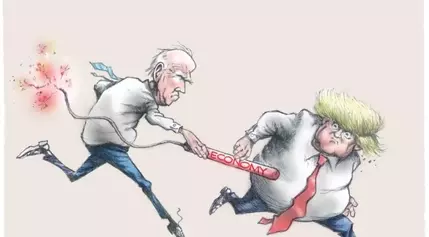Restoring Democratic Integrity: The Battle Between Wealth and Constitutional Power
In a nation founded on the principles of democracy, the balance of power between wealth and constitutional authority has become increasingly precarious. Recent political shifts have raised questions about whether "We the People" still hold the reins of governance or if this power has shifted into the hands of unelected, ultra-wealthy individuals. This article delves into the complexities of this issue, exploring how landmark legal decisions have reshaped the political landscape and what steps can be taken to reclaim democratic integrity.
Empowering Citizens: A Call to Action for True Democracy
The Erosion of Democratic Authority
The erosion of democratic authority in the United States is a pressing concern that demands immediate attention. Since the landmark ruling in Citizens United v. Federal Election Commission, an unprecedented influx of private money has flooded the electoral process. This decision effectively dismantled previous campaign finance restrictions, allowing corporations and outside groups to inject unlimited funds into elections. Consequently, the influence of these entities has overshadowed the voice of ordinary citizens, undermining the foundational principle of "We the People."The ramifications of this shift are profound. Elected officials, who are supposed to represent the interests of their constituents, now find themselves beholden to wealthy donors and special interest groups. These unelected entities wield significant sway over legislative and judicial processes, often at the expense of public welfare. Media platforms and social media influencers, financed by these groups, amplify biased narratives, further distorting the information landscape. As a result, many citizens have become disengaged, lacking the resources and direction needed to fully participate in the democratic process.The Role of Unrestricted Funding in Shaping Political Outcomes
Unrestricted funding from corporations and ultra-wealthy individuals plays a pivotal role in shaping political outcomes. These entities can flood the airwaves with advertisements and propaganda, influencing public opinion and swaying voter behavior. Unlike everyday citizens, they possess the financial means to dominate media spaces, spreading their agendas far and wide. This imbalance has created a system where wealth, rather than merit or public interest, dictates political priorities.The impact of this dynamic is evident in recent legislative votes. Both Republican House and Senate legislators, elected by the people, have cast votes that align more closely with the interests of wealthy donors than those of their constituents. This trend suggests a troubling shift in power dynamics, where the voices of ordinary citizens are increasingly drowned out by the monetary influence of the ultra-wealthy. The rise of dark money—funds from undisclosed sources—further exacerbates this issue, as it allows these entities to operate behind the scenes, manipulating political outcomes without accountability.Reclaiming Democratic Integrity Through Legislative Reform
To reclaim democratic integrity, comprehensive legislative reform is essential. The U.S. Constitution, as the bedrock of American governance, must be upheld and strengthened to counteract the corrosive effects of unchecked wealth. Resolute legislators and judges at all levels of government must stand firm against intimidation tactics employed by the ultra-wealthy. Governance by intimidation, which prioritizes personal gain over public good, undermines the very fabric of democracy.One crucial step is to vacate the ruling in Citizens United and reimpose reasonable campaign finance restrictions. This would level the playing field, ensuring that all citizens have an equal opportunity to participate in the democratic process. Additionally, creative and equitable legislation can mandate greater contributions from the ultra-wealthy, banks, and corporations toward initiatives that benefit society as a whole. Such measures could include constructing affordable housing, lowering interest rates on mortgages and loans, reducing tuition costs for higher education, improving healthcare options, and implementing environmental protection programs.Empowering Citizens Through Informed Participation
Ultimately, the key to restoring democratic integrity lies in empowering citizens through informed participation. Many individuals have become victims of their own unwillingness to engage with verifiable facts and inconvenient truths. By placing trust in those "in the know"—often unelected and ultra-wealthy individuals—they risk losing their voice in the democratic process. To combat this, citizens must take an active role in understanding and anticipating future events, critically evaluating information, and advocating for policies that align with their values.Informed participation requires access to reliable information and resources. Citizens should seek out unbiased sources, engage in meaningful dialogue with their peers, and stay abreast of current events. Moreover, they must hold elected officials accountable, demanding transparency and integrity in governance. By doing so, citizens can reclaim their rightful place as the ultimate bulwark against the corrupting influence of wealth and ensure that fairness and justice prevail over unrelenting greed.

